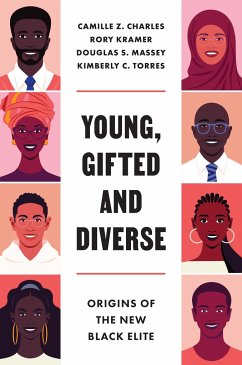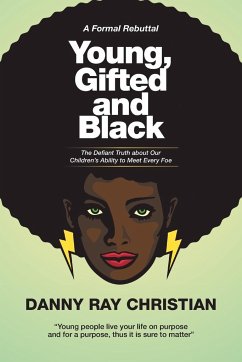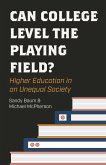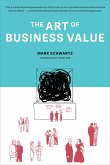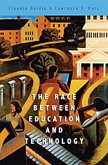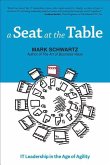"Contemporary research on Black Americans has focused mainly on the plight of the poor and paid little attention to internal variation and status differentiation in the broader Black community. In Divergent Currents, the authors explore the backgrounds and experiences of an understudied subset of the Black population in the U.S.: the Black Elite. Although the descendants of enslaved Africans, the children of immigrants, and the offspring of intermarried parents have all contributed to the great diversity of the new Black elite, its otherwise heterogeneous members generally share one trait in common: the possession of a college degree, often from a very selective institution. Given that a college education is essential for advancement in today's globalized, knowledge-based economy, the college campus is now the crucible for elite class formation, no less for Blacks than other social groups. The authors draw on a unique source of data to study the new Black elite in the process of formation at 28 selective institutions of higher education. The baseline survey gathered comprehensive data on subjects' social origins, including detailed information about the family, school, and neighborhoods they inhabited at ages 6, 13, and as seniors in high school, as well as data on their personal perceptions, values, aspirations, and attitudes. This survey data is paired with 78 in-depth interviews with Black undergraduates at two competitive institutions and eleven focus group sessions with 75 students at an Ivy League university. The authors identify and explore seven dimensions of Black diversity (racial identification, skin tone, nativity, generation, region of origin, gender, social class, and prior experiences of segregation). They ultimately aim to understand how intraracial diversity complicates traditional notions of race, class, and social mobility in the new Black professional class"--
Hinweis: Dieser Artikel kann nur an eine deutsche Lieferadresse ausgeliefert werden.
Hinweis: Dieser Artikel kann nur an eine deutsche Lieferadresse ausgeliefert werden.

